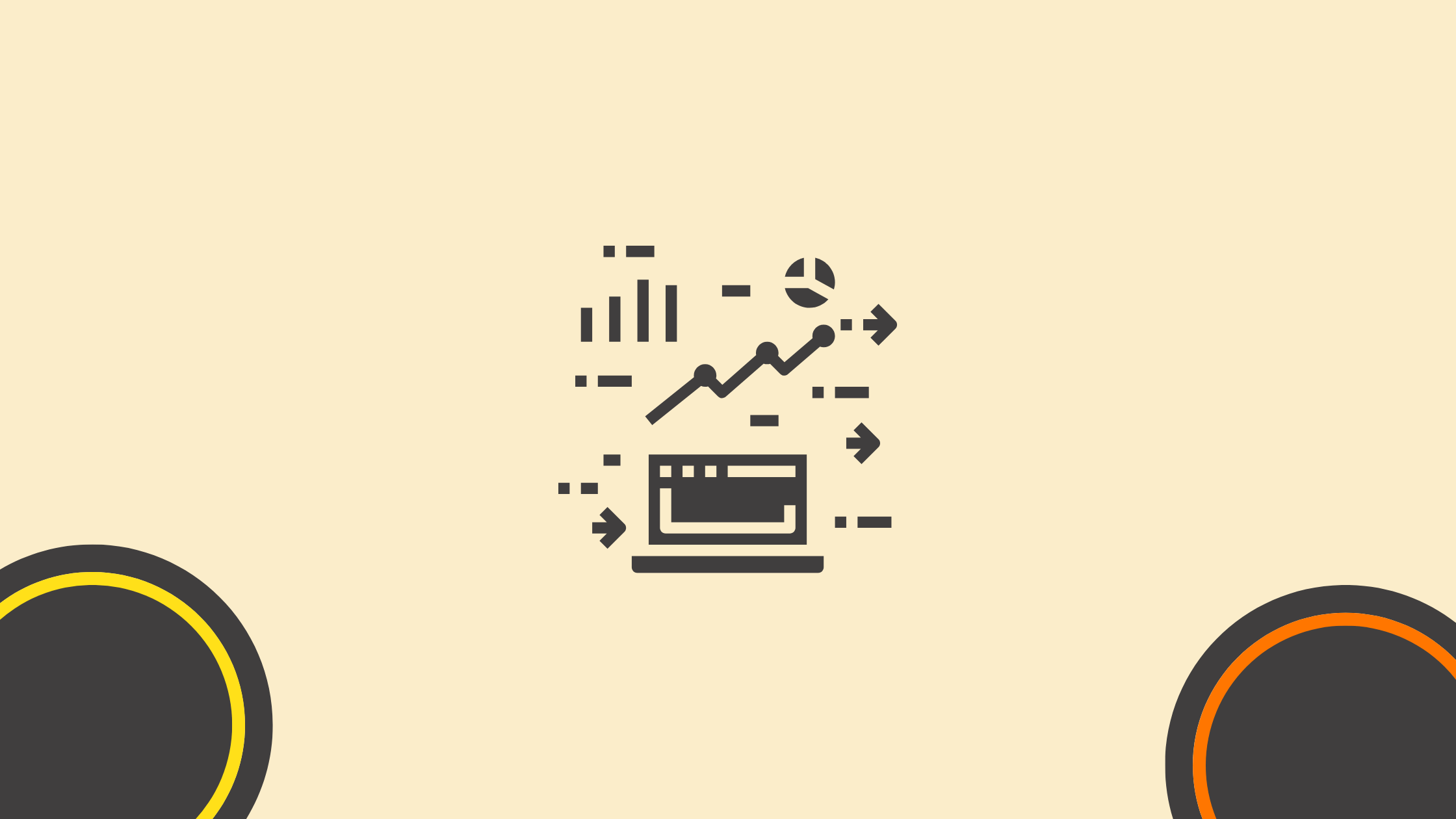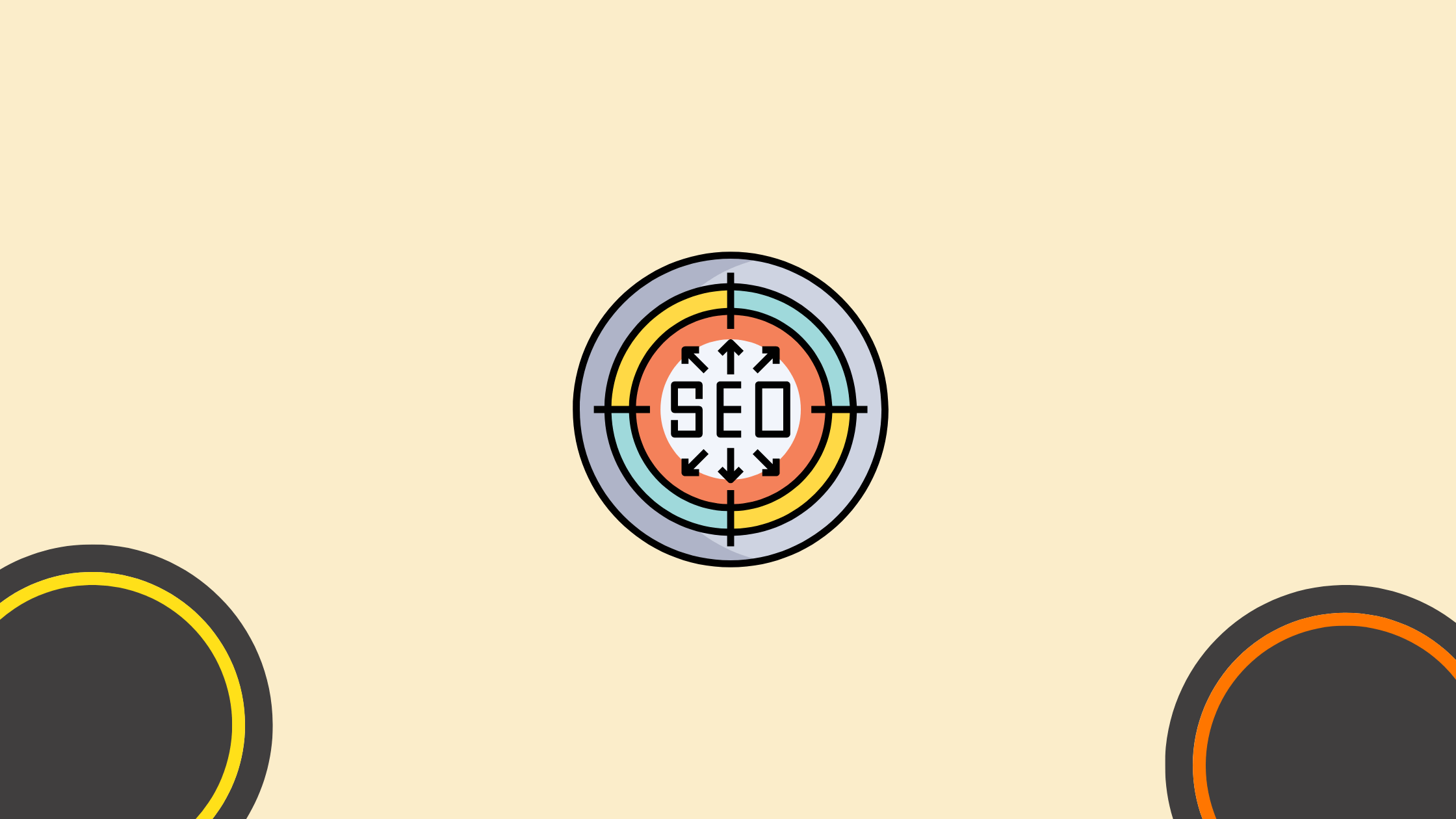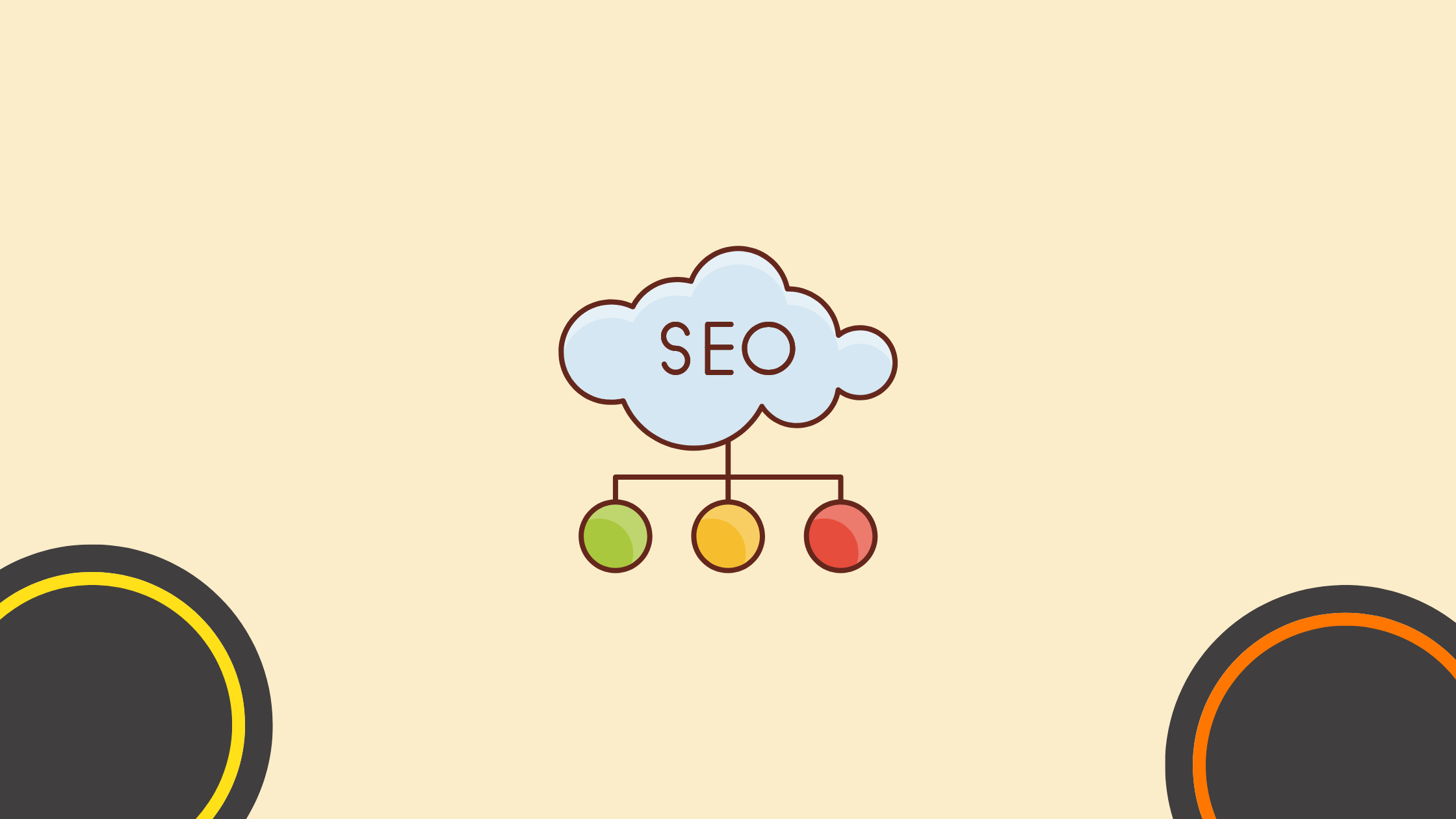Web Scraping for SEO Specialists: A Comprehensive Guide
Before we dive into the intricacies of web scraping for SEO specialists, it’s crucial to emphasize the importance of using proxies, particularly mobile proxies, when conducting any scraping activities. Mobile proxies are superior for web scraping due to several key factors:
- Improved anonymity: Mobile proxies use IP addresses associated with mobile devices, making it harder for websites to detect and block scraping activities.
- Dynamic IP rotation: Mobile proxies frequently change IP addresses, reducing the risk of being flagged or banned by target websites.
- Geolocation accuracy: Mobile proxies provide more accurate geolocation data, which is essential for SEO professionals analyzing location-specific search results.
- Higher success rates: Websites often have less stringent security measures for mobile users, leading to higher success rates in scraping attempts.
- Access to mobile-specific content: Some websites serve different content to mobile users, allowing SEO specialists to gather more comprehensive data.
You can always buy high-quality 4G mobile proxies from the UK from this service, we recommend it.
Now that we’ve established the importance of mobile proxies, let’s explore the world of web scraping for SEO specialists in detail.
Chapters
- 1. Introdução ao Web Scraping para SEO
- 2. Considerações legais e éticas
- 3. Ferramentas essenciais para web scraping
- 4. Configurando um ambiente de web scraping
- 5. Técnicas comuns de web scraping para SEO
- 6. Técnicas avançadas de web scraping
- 7. Processamento e Análise de Dados
- 8. Integrando Web Scraping em fluxos de trabalho de SEO
- 9. Desafios e soluções em Web Scraping para SEO
- 10. Tendências futuras em Web Scraping para SEO
- Conclusão
1. Introduction to Web Scraping for SEO

Web scraping is the automated process of extracting data from websites. For SEO specialists, this technique is invaluable for gathering and analyzing large amounts of data to inform strategy and decision-making. Web scraping allows SEO professionals to:
- Monitor competitor rankings and content
- Track keyword performance across multiple search engines
- Analyze backlink profiles
- Identify trending topics and content opportunities
- Gather data for content gap analysis
- Monitor brand mentions and sentiment
2. Legal and Ethical Considerations
Before engaging in web scraping activities, SEO specialists must be aware of the legal and ethical implications:
a) Terms of Service: Always review a website’s terms of service before scraping. Many sites explicitly prohibit scraping.
b) robots.txt: Respect the rules set forth in a website’s robots.txt file, which outlines which parts of the site can be crawled.
c) Rate limiting: Implement rate limiting in your scraping scripts to avoid overloading target servers.
d) Data usage: Ensure that scraped data is used ethically and in compliance with relevant data protection laws.
e) Copyright: Be cautious when scraping and using copyrighted content, especially for commercial purposes.
3. Essential Tools for Web Scraping
SEO specialists have access to a variety of tools for web scraping:
a) Programming languages:
- Python (with libraries like Beautiful Soup, Scrapy, and Selenium)
- R (with packages like rvest)
- JavaScript (with libraries like Puppeteer and Cheerio)
b) Browser extensions:
- Web Scraper
- Data Miner
- Octoparse
c) Dedicated scraping software:
- Octoparse
- ParseHub
- Import.io
d) Cloud-based scraping services:
- ScrapingBee
- Apify
- Scrapy Cloud
4. Setting Up a Web Scraping Environment
To begin web scraping for SEO purposes, follow these steps:
a) Choose a programming language or tool b) Set up a development environment (e.g., install Python and necessary libraries) c) Configure proxies (preferably mobile proxies) d) Implement user agent rotation e) Set up error handling and logging f) Create a data storage solution (e.g., database or CSV files)
5. Common Web Scraping Techniques for SEO

a) Scraping search engine results pages (SERPs):
- Extract organic search results, featured snippets, and rich results
- Analyze SERP features and their impact on rankings
- Track position changes for target keywords
b) Competitor analysis:
- Scrape competitor websites for content, metadata, and structure
- Analyze competitor backlink profiles
- Monitor competitor social media activity and engagement
c) Content gap analysis:
- Scrape top-ranking pages for target keywords
- Identify common themes, topics, and content structures
- Compare with your existing content to find gaps and opportunities
d) Backlink analysis:
- Scrape backlink data from various sources
- Analyze link quality, anchor text, and referring domains
- Identify link-building opportunities
e) Local SEO data extraction:
- Scrape local business listings and directories
- Analyze local search results and map pack listings
- Monitor NAP (Name, Address, Phone) consistency across platforms
6. Advanced Web Scraping Techniques
a) JavaScript rendering:
- Use headless browsers like Puppeteer or Selenium to scrape dynamically loaded content
- Implement wait times and interaction simulation to access hidden elements
b) CAPTCHA bypassing:
- Implement CAPTCHA-solving services or machine learning models
- Use human-solving services for complex CAPTCHAs
c) API scraping:
- Identify and utilize public APIs for data extraction
- Reverse-engineer private APIs for more efficient data gathering
d) Natural Language Processing (NLP) integration:
- Implement NLP techniques to analyze scraped content
- Extract entities, sentiment, and topics from unstructured text
e) Distributed scraping:
- Set up a cluster of scraping nodes to distribute workload
- Implement job queues and task management systems
7. Data Processing and Analysis
Once data is scraped, SEO specialists must process and analyze it effectively:
a) Data cleaning:
- Remove duplicates and irrelevant information
- Standardize formats and units
- Handle missing or inconsistent data
b) Data storage:
- Choose appropriate storage solutions (e.g., SQL databases, NoSQL databases, or data warehouses)
- Implement data indexing for efficient querying
c) Data visualization:
- Create dashboards and reports using tools like Tableau, Power BI, or custom solutions
- Visualize trends, patterns, and anomalies in the scraped data
d) Statistical analysis:
- Perform correlation analysis to identify relationships between variables
- Conduct regression analysis to predict future trends
- Implement time series analysis for tracking changes over time
8. Integrating Web Scraping into SEO Workflows

To maximize the benefits of web scraping, integrate it into your SEO workflows:
a) Automated reporting:
- Set up scheduled scraping jobs to update reports automatically
- Create custom dashboards for clients or team members
b) Competitive intelligence:
- Implement alerts for significant changes in competitor rankings or content
- Track industry trends and emerging competitors
c) Content ideation and optimization:
- Use scraped data to inform content calendars and topic selection
- Analyze top-performing content to guide optimization efforts
d) Link building:
- Identify potential link partners based on scraped backlink data
- Monitor link acquisition progress and competitor link-building activities
e) Technical SEO:
- Scrape your own website to identify technical issues (e.g., broken links, missing meta tags)
- Monitor site performance metrics across different devices and locations
9. Challenges and Solutions in Web Scraping for SEO
SEO specialists face several challenges when implementing web scraping:
a) Changing website structures: Solution: Implement robust error handling and notifications for scraping failures. Regularly update scraping scripts to accommodate changes.
b) IP blocking and CAPTCHAs: Solution: Use a combination of proxies (especially mobile proxies), user agent rotation, and CAPTCHA-solving services.
c) Handling large datasets: Solution: Implement efficient data storage and processing techniques, such as distributed computing or cloud-based solutions.
d) Maintaining data accuracy: Solution: Implement data validation checks and cross-reference data from multiple sources when possible.
e) Staying compliant with regulations: Solution: Stay informed about legal developments and implement strict data handling and privacy practices.
10. Future Trends in Web Scraping for SEO
As the digital landscape evolves, web scraping for SEO will likely see the following trends:
a) Increased use of AI and machine learning:
- Implementing natural language processing for more sophisticated content analysis
- Using predictive models to forecast SEO trends and opportunities
b) Enhanced privacy measures:
- Developing more sophisticated techniques to comply with evolving privacy regulations
- Implementing advanced anonymization methods for scraped data
c) Integration with other marketing technologies:
- Combining web scraping data with other martech tools for more comprehensive insights
- Developing all-in-one SEO platforms with built-in scraping capabilities
d) Real-time scraping and analysis:
- Implementing stream processing techniques for instant insights
- Developing systems for real-time competitor monitoring and alerting
e) Ethical scraping practices:
- Establishing industry standards for responsible web scraping
- Developing tools and frameworks that prioritize ethical data collection
Conclusion
Web scraping is an indispensable tool for SEO specialists, providing valuable insights and data-driven decision-making capabilities. By leveraging the power of mobile proxies and implementing robust scraping techniques, SEO professionals can gain a competitive edge in the ever-evolving digital landscape.
As with any powerful tool, web scraping must be used responsibly and ethically. SEO specialists should always prioritize compliance with legal and ethical standards while striving to maximize the value of scraped data for their clients and organizations.
By staying informed about the latest trends and continuously refining their web scraping skills, SEO specialists can unlock new opportunities for growth and success in the dynamic world of search engine optimization.
Author Bio
Calvin L. Bowers – Born and raised in Savannah, Georgia, USA. I graduated from high school there. I have been working as a digital marketer for 10 years, currently I am part of the Supreme proxy Inc. team. I do SEO and SMM.
Other Interesting Articles
- AI LinkedIn Post Generator
- Gardening YouTube Video Idea Examples
- AI Agents for Gardening Companies
- Top AI Art Styles
- Pest Control YouTube Video Idea Examples
- Automotive Social Media Content Ideas
- AI Agent for Plumbing Business
- Plumber YouTube Video Idea Examples
- AI Agents for Pest Control Companies
- Electrician YouTube Video Idea Examples
- AI Agent for Electricians
- How Pest Control Companies Can Get More Leads
- AI Google Ads for Home Services
Master the Art of Video Marketing
AI-Powered Tools to Ideate, Optimize, and Amplify!
- Spark Creativity: Unleash the most effective video ideas, scripts, and engaging hooks with our AI Generators.
- Optimize Instantly: Elevate your YouTube presence by optimizing video Titles, Descriptions, and Tags in seconds.
- Amplify Your Reach: Effortlessly craft social media, email, and ad copy to maximize your video’s impact.